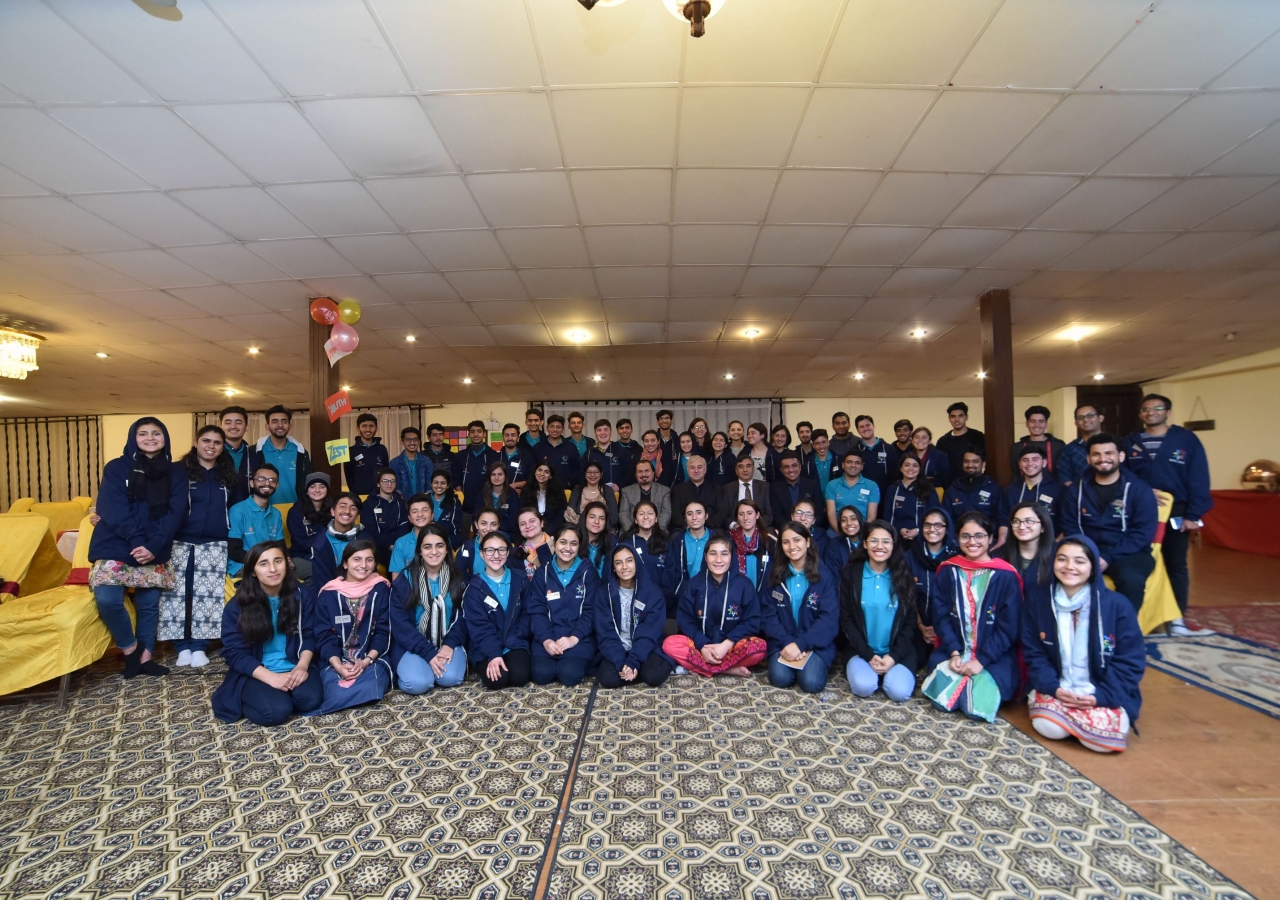During the seven-day residential camp, youth participants engaged in critical discussions and case studies related to issues of identity, modernity, environmental sustainability, cultural heritage and globalization. This included an extensive module on social responsibility where participants participated in a ‘Social Impact Challenge.’ This module allowed the youth to use their creative energies to design and pitch a social business idea which remained both socially conscious and economically feasible.
As part of the outdoor learning experience, participants spent a day in the Margalla Hills National Park in Islamabad to understand the importance of environmental stewardship, wildlife conservation and sustainable leadership through the support of World Wildlife Fund for Nature. The participants also acquired first-hand experience of our cultural heritage through a guided tour by the Aga Khan Cultural Service-Pakistan (AKCS-P) of the Walled City of Lahore.
Whether during indoor dialogues or outdoor activities, the BHYC allowed individuals to embrace each other’s diversity and accept one another’s viewpoints. As one participant articulated, “I have always heard about Ismailis from other parts of the world, but today I learned about their cultures, lifestyles and rituals. I am now better able to understand the importance of One Jamat.”
The youth also continuously engaged with Jamati leaders as well as representatives from the Aga Khan Development Network (AKDN). This included speakers from the Institute of Ismaili Studies, the Aga Khan Education Board, the Aga Khan Health Board, ITREB, National Arbitration and Conciliation Board, the Aga Khan Foundation, the Aga Khan Agency for Habitat and Accelerate Prosperity. One participant enthusiastically affirmed, “I am in awe at seeing the amazing work our institutions are doing not only for the Jamat but also for our sister communities.” Furthermore, President, Ismaili Council for Pakistan, Hafiz Sherali, shared the guidance and vision of Mawlana Hazar Imam for the youth of today to better prepare them for tomorrow.
Overall, the BHYC was undoubtedly a unique experience for all participants. One individual stated, “We enjoyed the sessions and feel empowered to share our views and express our identities.” For some youth, the camp helped them reconnect with their Ismaili identity and the global Ismaili Jamat. For many, it initiated lifelong friendships with Ismailis from other parts of Pakistan. Yet, for some partakers, it provided exposure to the challenges and opportunities of the modern world and broadened their horizons to dream.
Luckily for all participants, the BHYC ignited a spark within each individual to realize their leadership potential and use it to become positive agents of change. As one youth indicated, “We came here as learners, but we will leave as leaders!” While the camp affected each participant in a different way, the impact it created contributed towards nurturing future ambassadors of the Jamat on their journey.












